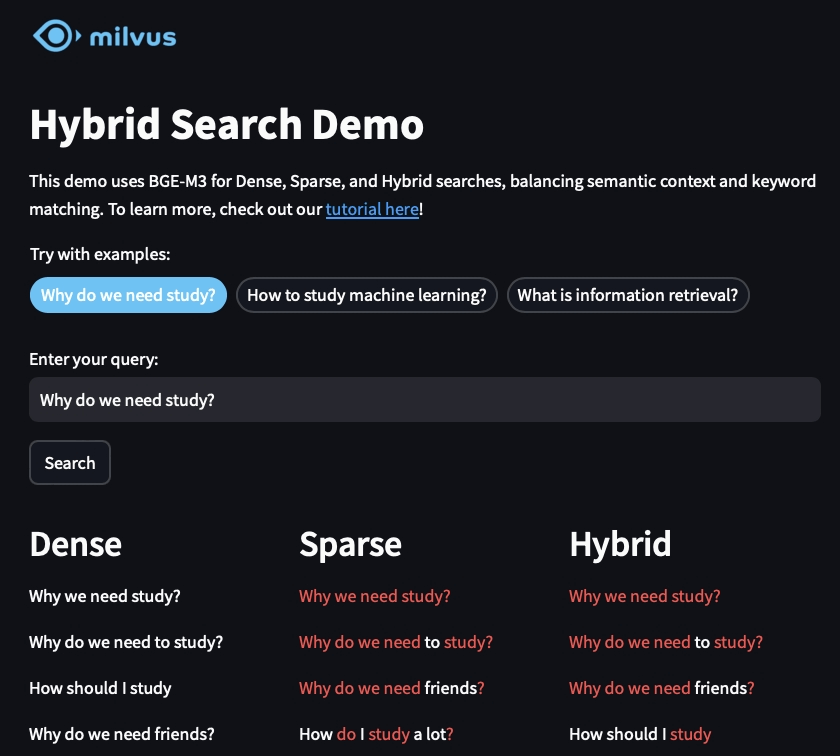Elasticsearch enables full-text search through its use of inverted indices, text analysis, and distributed search capabilities. At its core, Elasticsearch relies on Apache Lucene to create inverted indices, which map terms (individual words or tokens) to the documents containing them. When a document is indexed, its text fields are processed by analyzers that break text into tokens, normalize them (e.g., lowercasing), and filter out noise like stopwords. For example, the sentence “The quick brown fox” might be tokenized into ["quick", "brown", “fox”], with each term linked to the document ID. This inverted index structure allows efficient lookups, as searching for “brown” immediately retrieves all documents containing that term.
Queries in Elasticsearch are processed using the same analysis steps as indexing, ensuring consistency. When a user searches for “brown fox,” the query is tokenized and normalized, then matched against the inverted index. Elasticsearch scores results using algorithms like BM25, which considers term frequency and document length to rank relevance. For instance, a document containing both “brown” and “fox” multiple times would score higher than one with only one occurrence. Distributed search is handled by splitting indices into shards, enabling parallel query execution across nodes. A search request is routed to relevant shards, which return partial results aggregated into a final ranked list. This scalability allows Elasticsearch to handle large datasets efficiently.
Elasticsearch offers flexibility through customizable analyzers and rich query DSL. Developers can define analyzers with specific tokenizers (e.g., splitting on whitespace) and filters (e.g., stemming “running” to “run”). A custom analyzer might include synonyms, allowing “car” to match “automobile.” The REST API simplifies interactions: indexing a document via POST /my_index/_doc { "text": "..." } and searching with GET /my_index/_search and a JSON query. Features like fuzzy matching (quik~ matches “quick”) and highlighting (showing matched terms in results) enhance search usability. Unlike SQL’s LIKE, which performs exact substring matches, Elasticsearch’s full-text search understands language nuances, making it faster and more relevant for text-heavy applications.
